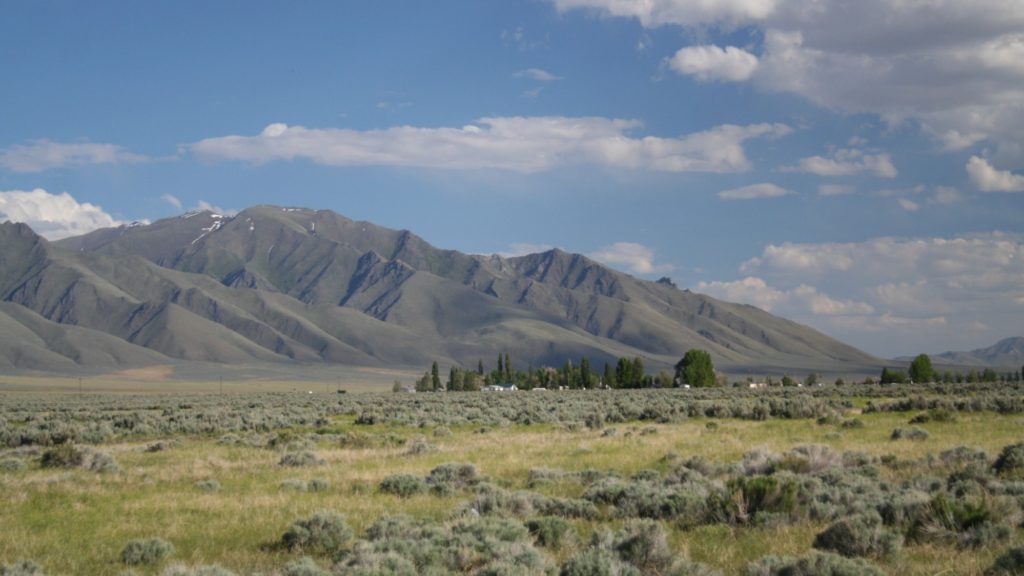US judge orders waste rock study for Thacker Pass lithium project

A US judge ordered regulators to reconsider part of the permit approving Lithium Americas Corp’s Thacker Pass lithium mine project in Nevada, though the mixed ruling allows construction to begin and rejects claims that the project would cause unnecessary harm to the environment or wildlife.
Shares of Vancouver, British Columbia-based Lithium Americas rose 9% to $25.52 on Tuesday after the ruling, which was issued Monday evening.
The proposed mine would be North America’s largest source of lithium for electric vehicle batteries and a key pillar in US President Joe Biden’s efforts to wean his country off Chinese supplies of the metal.
General Motors Co signed a $650 million deal last week to help develop the project, an agreement that hinges in part on a positive outcome in the long-running court case.
In a 49-page ruling, Chief Judge Miranda Du of the federal court in Reno, Nevada, ordered the US Bureau of Land Management (BLM) to determine whether Lithium Americas has the right to dump waste rock at the site, just south of Nevada’s border with Oregon.
Du, however, did not vacate a 2021 decision by then-President Donald Trump to approve the mine. The ruling can be appealed.
Much of the US mining industry is ruled by an 1872 law that gives companies wide berth to extract metals on federal lands. However, an appeals court ruled last year in an unrelated case that miners do not necessarily have the right to store waste rock or erect buildings on federal land not containing valuable minerals.
Du ordered the BLM to determine whether roughly 1,300 acres (530 hectares) at the Thacker Pass site where Lithium Americas hopes to store waste rock – a byproduct of the mining process – contains lithium. Federal officials had told the court last month they believe the entire site contains lithium.
Lithium Americas is meeting on Tuesday with the BLM to begin the review, which should take no longer than six months, Chief Executive Jon Evans said in an interview. “There is evidence in the record of lithium mineralization throughout the project area,” he said. “This is an easy fix.”
Site preparation should begin almost immediately, with heavy construction likely to start this summer and last about three years, Evans said.
Du also rejected claims from the Reno Sparks Indian Colony and other Native American tribes that they were not properly consulted about the project and its potential effects on cultural and historical sites.
Representatives for General Motors, the Reno Sparks Indian Colony and several environmental groups did not respond immediately to requests for comment.
(By Ernest Scheyder and Arshreet Singh; Editing by Christopher Cushing, Jamie Freed and Jonathan Oatis)
{{ commodity.name }}
{{ post.title }}
{{ post.date }}




Comments
Kathleen Keane
What about the 5 acre limit? How will companies circumvent the law that says waste pits can max at 5 acres?